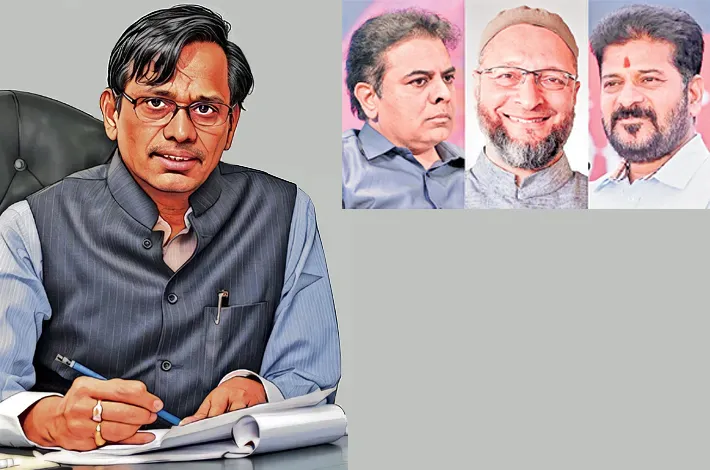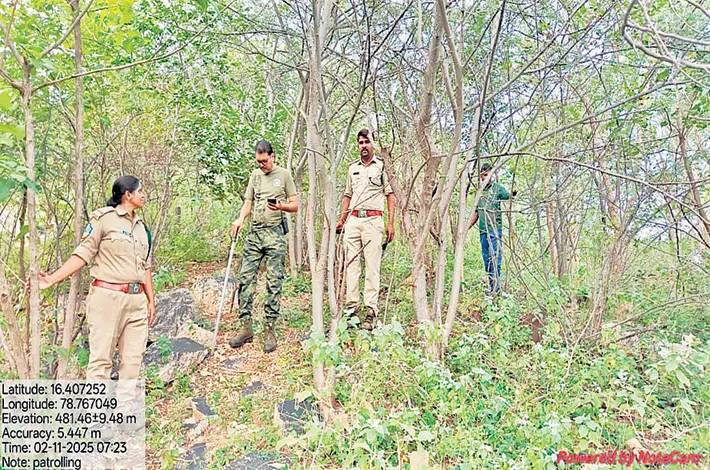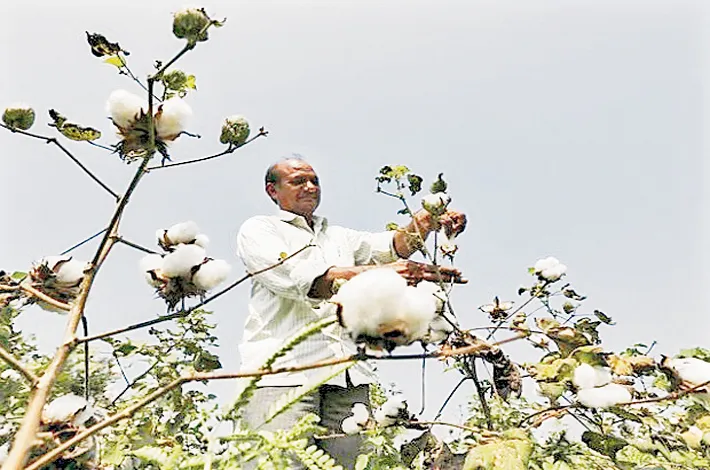Daal Mein Khala?
24-07-2025 12:00:00 AM

■ Massive scam uncovered in red gram dal procurement for anganwadi workers
■ The red gram is reportedly of an African variety, which is of inferior quality and potentially hazardous to the health of Anganwadi workers
■ Allegations of cartel formation, inflated prices, and deliberate procedural violations have surfaced
■ At the heart of the controversy is the procurement process, which has been riddled with irregularities,
■ in all these districts, the contracts were awarded to a single agency
metro india news I hyderabad
A well-intentioned initiative by the state government to supply red gram dal to Anganwadi workers has been marred by a shocking procurement scam, resulting in significant losses to the public exchequer. Allegations of cartel formation, inflated prices, and deliberate procedural violations have surfaced, raising serious questions about transparency and accountability in the procurement process. The state government is now under pressure to act swiftly to address the irregularities, cancel inflated tenders, and hold those responsible accountable.
The state government’s program to provide red gram dal to Anganwadi workers was designed to ensure nutritional support for grassroots workers who play a critical role in rural healthcare and child development. However, what was meant to be a welfare measure has turned into a glaring example of mismanagement and alleged corruption. At the heart of the controversy is the procurement process, which has been riddled with irregularities, including exorbitant pricing, manipulated tender conditions, and favoritism toward a single supplier, Shiva Sai Traders.
According to sources, the procurement process is overseen by purchase committees headed by Additional Collectors in each district. These committees are responsible for ensuring fair and competitive bidding through e-tenders, adhering to guidelines set by the state government. However, investigations have revealed that several districts blatantly disregarded these guidelines, awarding contracts at inflated rates without following due process.
Shockingly, in all these districts, the contracts were awarded to a single agency, Shiva Sai Traders, raising suspicions of a coordinated cartel designed to manipulate the procurement process for undue financial gain. The inflated rates are estimated to have caused losses worth crores to the state’s coffers, undermining the very purpose of the welfare program.
Further compounding the issue, some districts introduced stringent qualification criteria, such as high turnover conditions, in their e-tender processes. These conditions effectively disqualified reputable suppliers, including rice millers and farmer producer organizations, limiting competition and paving the way for Shiva Sai Traders to secure the contracts at exorbitant rates. Critics argue that this was a deliberate attempt to favour a select supplier, pointing to systemic corruption within the procurement committees.
Adding to the controversy is the alarming revelation that the red gram dal being supplied by Shiva Sai Traders is reportedly of an African variety, which is not only of inferior quality but also potentially hazardous to the health of Anganwadi workers.
Experts have raised concerns about the nutritional value and safety of this dal, warning that its consumption could pose risks to the health of those it is intended to benefit. Additionally, there are allegations of under-delivery, with reports suggesting that Shiva Sai Traders may be supplying less quantity than billed, further exacerbating the financial losses to the state.
The Commissioner’s office has come under scrutiny for failing to enforce compliance with its own directives. Sources indicate that the Commissioner had explicitly instructed districts to adhere to transparent tendering processes and avoid inflated rates. However, the lack of oversight allowed errant Additional Collectors to bypass these guidelines, leading to widespread irregularities. The state government now faces mounting pressure to take decisive action to address the scam and restore public trust.
Civil society groups and opposition leaders have called for immediate measures to rectify the situation. They are demanding the cancellation of the high-rate tenders, the issuance of revised tenders with fair qualification criteria, and strict action against the officers involved in the alleged cartel. There is also a strong push to blacklist Shiva Sai Traders for its role in the scam and to ensure that no further contracts are awarded to the agency until a thorough investigation is conducted.
To prevent further losses and ensure the safety of Anganwadi workers, experts are urging the government to implement robust quality and quantity checks. A proper mechanism for verifying the nutritional standards and delivery quantities of the supplied dal is critical to safeguarding the health of workers and ensuring that public funds are used effectively. Random inspections, third-party audits, and stricter oversight of the procurement process have been proposed as immediate steps to restore accountability.
The state government has yet to issue an official response to the allegations, but sources indicate that an inquiry is likely to be launched to investigate the irregularities. The Commissioner’s office is reportedly preparing to issue show-cause notices to the Additional Collectors of the implicated districts, and there is speculation that the government may suspend the officials involved pending a detailed probe.
This scandal has cast a shadow over the state’s efforts to support its Anganwadi workers, highlighting the need for greater transparency and accountability in public procurement. As the government scrambles to address the fallout, the public awaits answers on how such a large-scale scam was allowed to unfold and what measures will be taken to prevent its recurrence. For now, the phrase “Dal Me Kala Hai” rings true, underscoring the dark underbelly of corruption that threatens to undermine even the most well-intentioned welfare programs.








